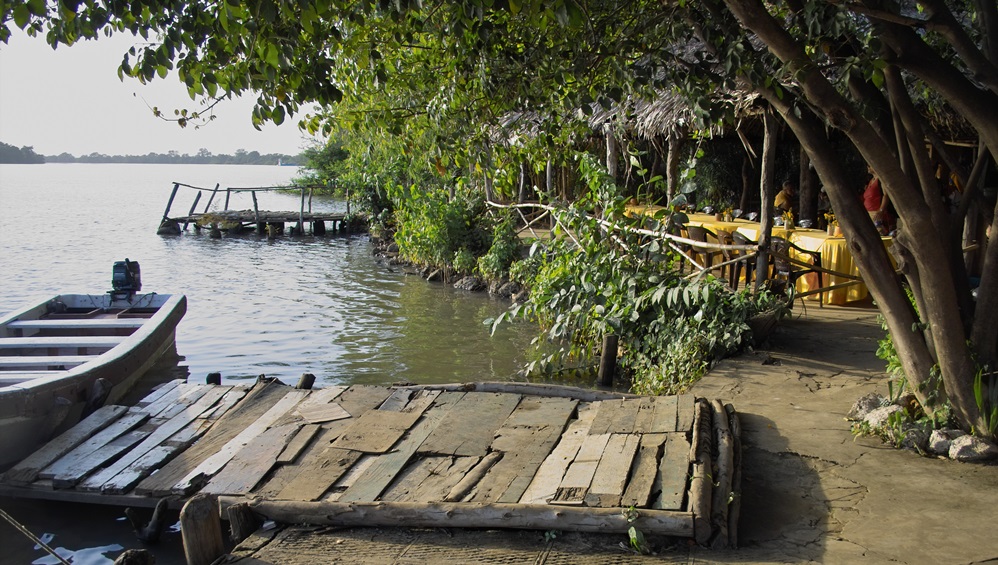Back in February of 2018, REVITALIZATION announced the funding of a joint UN Environment and Green Climate Fund (GCF) initiative to conduct large-scale ecosystem restoration in The Gambia. GCF put in $21.5 million, and $5 million came from the Government of The Gambia.
The work will restore degraded forests and agricultural landscapes in The Gambia with climate-resilient plants, establish natural resource-based businesses, and strengthen capacity and policies to implement eco-based adaptation systems.
Climate change is exacerbating the effects of poverty in The Gambia, which is one of the poorest countries in Africa. Large-scale ecosystem adaptation is necessary to build climate resilience of rural Gambian communities, whose livelihoods are threatened by the impacts of climate change. In order to respond to this threat, The Gambia is transitioning towards a more-sustainable green economy based on climate-resilient livelihoods and rigorous and evidence-based management of natural resources.
Implementing Ecosystem-based Adaptation (EbA) is a significant part of this strategy, and its implementation will be enabled through the GCF investment. EbA will both protect the environment and facilitate the development of the sustainable, natural resource-based economy to the benefit of local communities.
EbA will be integrated into planning at national, district and village levels. Agricultural landscapes and degraded ecosystems including forests, mangroves and savannahs will be restored using climate-resilient tree and shrub species across an area of at least 10,000 hectares. This will be complemented by the establishment of natural resource-based businesses managed by local communities.
Now, that 6-year effort is getting underway in 33 poor communities of the regions of Lower River, Central River South, Central River North and Upper River.
The work includes mangrove restoration in 17 communities in Lower River Region. It will restore some 530 hectares (1325 acres) and will plant 12,000,000 mangrove propagules. The restoration is expected to improve the economy and quality of life in over 125 communities.
The large-scale Ecosystem-based Adaptation (EBA) approach to natural resource management is considered by experts to be a cost-effective, low-risk approach to boosting the climate resilience of poverty-stricken communities. “We are doing this tree planting in order to restore the agricultural land and community forests,” says Muhammad Leroy A. Gomez, deputy project manager, EBA at the Lower River Region.
Although not a significant contributor to climate change, The Gambia has been included in the International Panel on Climate Change’s (IPCC) critical list of 100 countries most vulnerable to climate change and also most at risk from its projected impacts.
“The project will be intervening in 125 communities in total and each of the 125 communities, we will be helping them to either strengthen or establish something through natural resource by doing business like beekeeping, fruit, net processing and more. We are also going to support them in term of capacity building, materials and a lot more,” Gomez explained.
Mr. Gomez said that the project is collaborating on the implementation with partners like the Department of Forestry, Parks and Wildlife, Agriculture and Community Development.
One component of the project establish a skill centre where residents can learn skills like tie and dye, soap making and others. Gomez says that they have identified likely sites: “We plan to build 12 nurseries for them to supply us seedlings next year. The ultimate points of the project is to ensure those in the grassroots level are able to graduate from poverty.”
Photo of Gambian fishing village via Adobe Stock.

